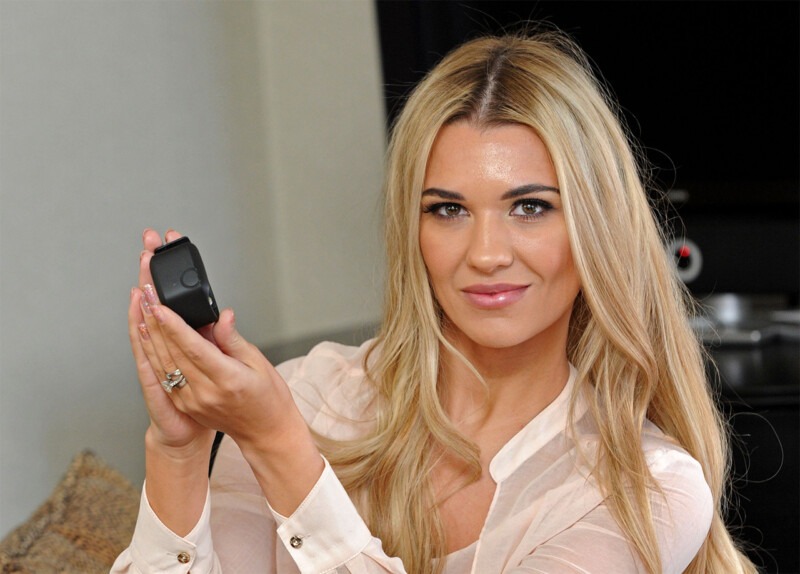Christine McGuinness, wife of TV personality Paddy McGuinness, has lent her support to Autism Together’s Future 50 appeal.
Christine, who has two young children on the autism spectrum, appears in a fundraising video promoting the appeal.
In the video she talks about her hopes and dreams for her children and her wish that they’ll live in ‘a world that is more understanding about autism.’
Autism Together says its hope, through its £2.5m appeal, is to build a world-leading centre where unobtrusive biometric technology will be used to ‘see inside’ people with autism who may not be able to speak and explain their levels of anxiety and sensory overload.
At the purpose-built centre, lightweight biometric wristbands worn by patients will reveal increases in heart rate and skin moisture and temperature, indicating anxiety.
An initial trial with the wristbands – the first of its kind to take place in the UK – will begin this spring with seven residents at an existing care home in Wirral run by Autism Together.
Christine said: “When you learn that autism is in your life, as I have recently, you realise that it is up to you to help shape the future for the people you love. This is a brave project being run by people who really care and as soon as I heard about it I knew I wanted to support it. I hope in fifty years’ time – or even sooner – this technology will be in use everywhere.”
CEO of Autism Together, Robin Bush, said: “We’re truly grateful to Christine for supporting our project. There’s a real sense of urgency pushing us forward with this. We’re convinced that introducing this new technology into autism care will be game changing – but we can’t embark on our plan without public support and donations.”
The Future 50 appeal and building project will see the charity’s original residential home, Raby Hall in Wirral, replaced with an autism-specific building suitable for up to 12 patients. The project will roll out in stages over a five-year period and the charity is already planning future applications for biometric technology within the building.
Robin Bush said: “Our vision at Autism Together is to set the standard for a new generation of inpatient care using a high-tech approach, so that people with autism can be fully understood and helped to live the best lives possible. The possibilities for this technology are endless.”
“We can work with non-verbal autistic people to help establish what reduces their anxiety and use the technology to identify the causes of increased anxiety. We can identify what causes sleep disturbance (a common feature in autism). We can assess each individual’s needs, head off challenging behaviours, reduce hospital crisis admissions and, potentially, make huge savings to the public purse.”
For more information on the Future 50 appeal visit www.autismtogether.co.uk/future50.
To donate £5 to the appeal text NEXT02 £5 to 70070.

